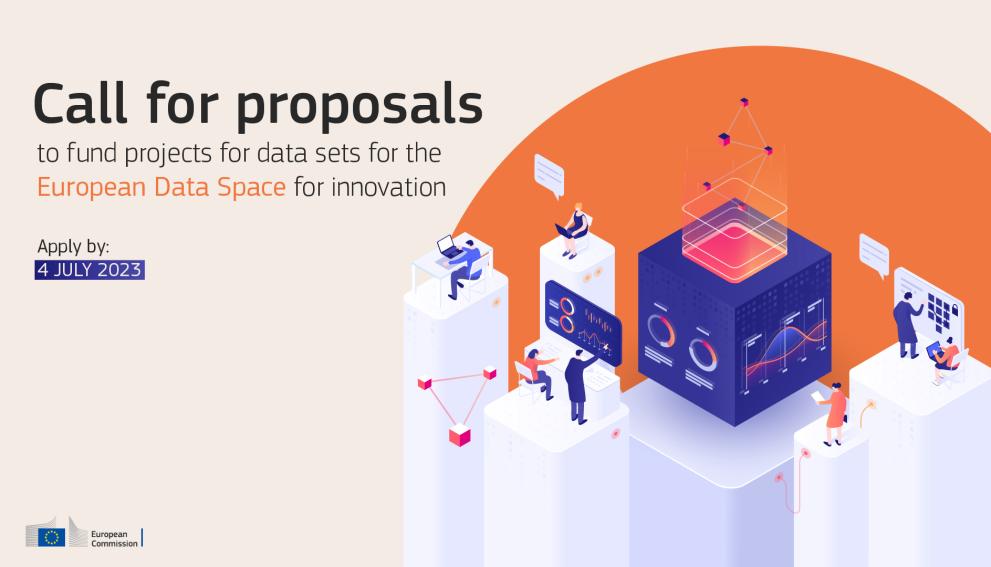The European research and innovation activities
Looking ahead, the European research and innovation activities will be since 2014 implemented through a new programme, Horizon 2020. With a budget of €80 billion, the new European Framework Programme for Research and Innovation will bring together all the research and innovation funding currently implemented through FP7, CIP and EIT programmes.
Read more


